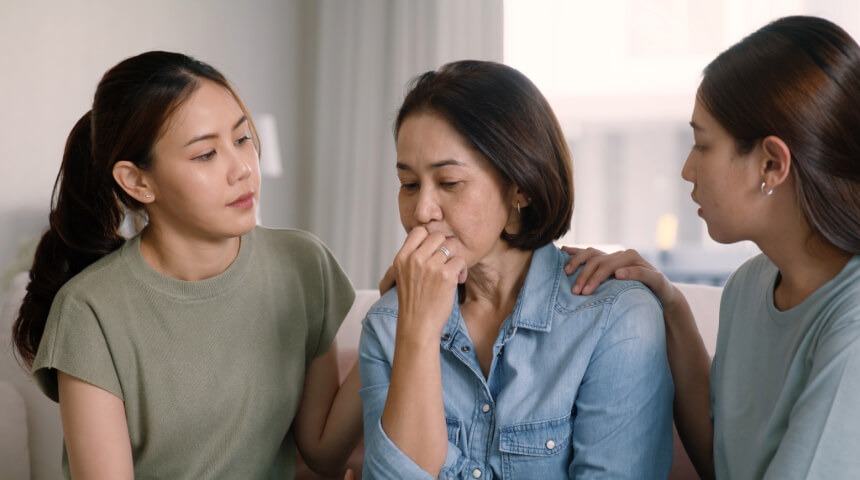Breast Cancer Return Risk Can Still Last for Decades; But Extending Treatment Can Help
It’s information that’s hard to hear, but it is important to know: women who were cancer-free after five years of hormone blocking therapy may still develop recurrence up to two decades after treatment.
According to an article in the New England Journal of Medicine, researchers analyzed results of almost 63,000 women who were diagnosed with early-stage breast cancer. The women were treated and found to be cancer-free at the end of the treatment period. However, breast cancer recurrences still increased steadily during the study period, even twenty years later.
Study Details
The Early Breast Cancer Trialists’ Collaborative Group, comprised of international researchers, looked at data from 88 clinical trials of women who had been diagnosed with the early-stage, estrogen-receptor (ER)-positive breast cancer, a type of cancer that is fueled by estrogen. The women received hormone blocking therapy for five years and were cancer-free at that point. The therapy stopped, but over the next 15 years, the risk of the cancer recurring increased, researchers said. Although the cancer may have recurred in another part of the body, the original site was from the breast cancer, researchers noted.
The recurrence risk was directly related to the original cancer size, characteristics and number of lymph nodes that were involved, the study revealed. Women who had small cancers with no involvement of the lymph nodes had a much lower chance of cancer spreading to other parts of the body than did women whose cancer had initially spread to four or more lymph nodes.
Takeaways from the Study
By knowing that breast cancer can be dormant for years, doctors can be more aggressive in treating the disease, researchers said. Instead of ending the hormone treatment after five years, women with breast cancer, in consultation with their doctors, may want to consider continuing the treatment for longer. Some studies indicate that adding five more years of hormone blocking treatment may be more effective.
Hormone blocking treatments do have some side effects, including menopausal symptoms and osteoporosis, joint pain and carpal tunnel syndrome, which may be why some people stop the treatments. However, the results of this study may give more of an incentive to continue for a longer period.
Although the results may be concerning, researchers also pointed out that therapy has improved over the last twenty years, so recurrence rates for women who more recently diagnosed may be lower than the overall study indicates.
What You Should Know
If you were diagnosed with ER-positive breast cancer, talk with your physician or oncologist about your treatment, and if extending hormone therapy should be an option for you.
By staying up to date on new information and advancements, you have the best opportunity to take charge of your health.




